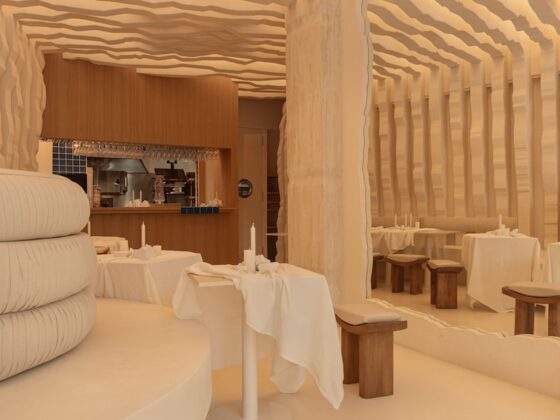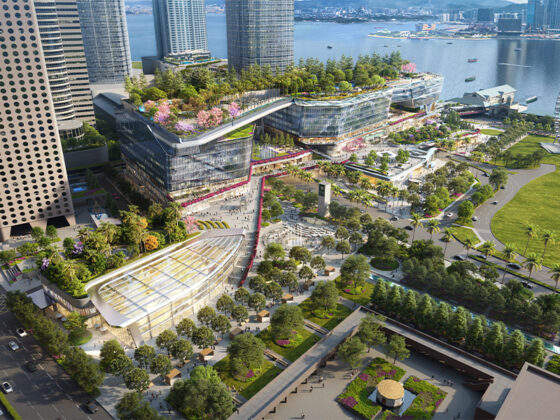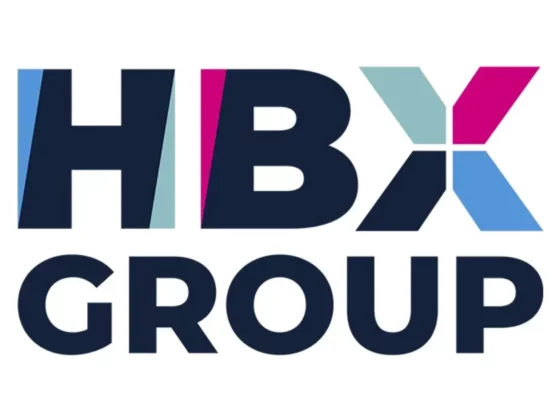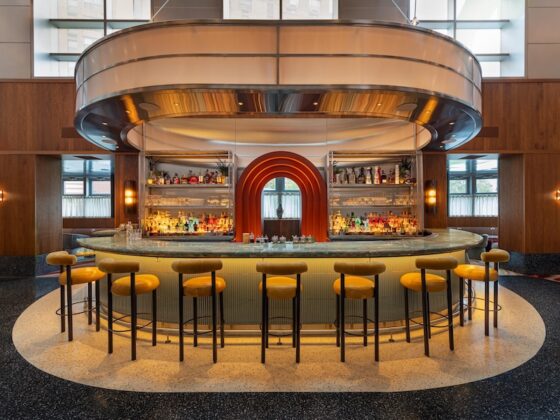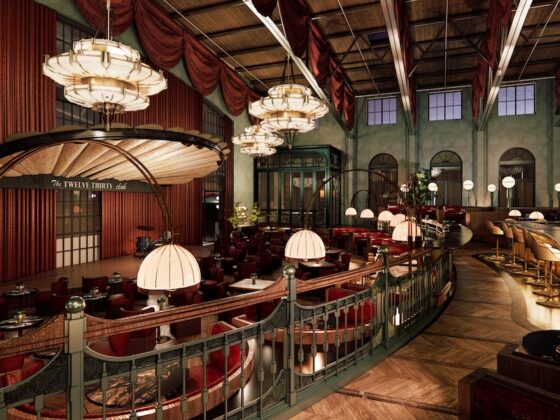
In recent years, the hospitality industry has been gradually changing and improving in all aspects, including food, service delivery, and hotel structures. With the increased growth and change in hospitality trends, hotels need to adopt new trends to eliminate or reduce competition and attract more customers. Technology and climate change have played a vital role in shaping these trends in hotels. Technology has brought significant improvement in the hospitality industry and has made it easier for hotels to communicate with their clients. The following are the current trends in the hospitality industry.
Table of Contents
1) Use of chatbot to assist in direct communication
Chatbots are robots found on hotel websites that can respond to questions asked by customers. Chatbots help hotels save money on customer support by speeding up response times, freeing people for more complex tasks, and answering common questions that customers might ask. Chatbots process and understand the users’ words or phrases and respond with a pre-programmed response. Users gain from using a customer support chatbot because they receive an immediate answer, and interactions between people and services are streamlined, resulting in a better customer experience.
2) Use of social media platforms to advertise
Social media platforms such as Twitter, Facebook, and Instagram are the leading platforms hotels use in advertising their services. Social media marketing has been used to create a brand, improve sales, and drive website traffic to engage with an audience. Hotels can use social media advertising to communicate with current customers and reach new ones while promoting their goals. This allows marketers to understand their target demographic, including their likes, dislikes, and interests, to develop a more effective marketing strategy to attract them.
3) Hotel website
A hotel website’s primary purpose is to attract customers interested in the hotel’s products or services. Most hotels have begun to use the Internet to promote some of their services and products. By itself, a website is a powerful channel for executing various online marketing campaigns by clearly and memorably displaying a brand, product, and service.
4) Keyless doors
In the hospitality industry, the use of electronic locking systems is becoming more common. Needing a PIN, a chip card, a fingerprint, or an app, guests can unlock their rooms without using a key. This technological improvement is more sanitary and safer, lowers operational expenses, and increases guest satisfaction. It is also a suitable method of improving security around your hotel.
5) Online booking
A continuous online booking system allows potential tourists to book a room anytime. An online booking engine works by integrating with your hotel’s website and processing safe online reservations. The information is then sent to your property management system, allowing you to access and manage the reservations. Because you are not restricted by working hours, this may increase your sales.
6) Electronic payment
E-payment forms like bank ATM, mobile payment, use of debit cards, and more are currently utilised by hotels in a wide range of industries. The costs of purchasing and distributing paper checks have decreased thanks to digital payments. In addition to being a more environmentally responsible means of payment, electronic payment methods save time and resources by avoiding the need for pre-funding or cash reserves.
7) Self-check-in and sign off
Self-check-in allows guests to access a location without requiring the presence of the host at any time after their allotted check-in time on their arrival date. To stay up with this hospitality trend, several hotels have installed a kiosk that allows visitors to complete more basic tasks, such as reservations, check-ins, check-outs, and room service orders, relayed to the hotel employees. This allows hotel employees to spend more time on face-to-face interactions only where it is critical, encouraging timely upgrades and further purchases.
8) Food delivery at home or place of work
Food delivery has had an influence on the hotel industry, with most restaurants seeking to reach out to more customers by taking orders and delivering food to their locations. This technique has been used in places where people are not moving as quickly as they should be to eating spots. This has raised income by servicing more customers, solved the seasonality flow of customers, and reduced labour costs by eliminating the need for front-of-house personnel.
9) Use of robots
The use of robots is one of the trends in the hospitality industry. Hotels are using robots for information delivery, customer service, data storage, and picture recognition. The use of robots has aided employee time management. In reality, the possibilities for their application are practically endless. Robot luggage porters and butlers, as well as robots that can handle check-ins and check-outs, are utilised in the hospitality industry.


